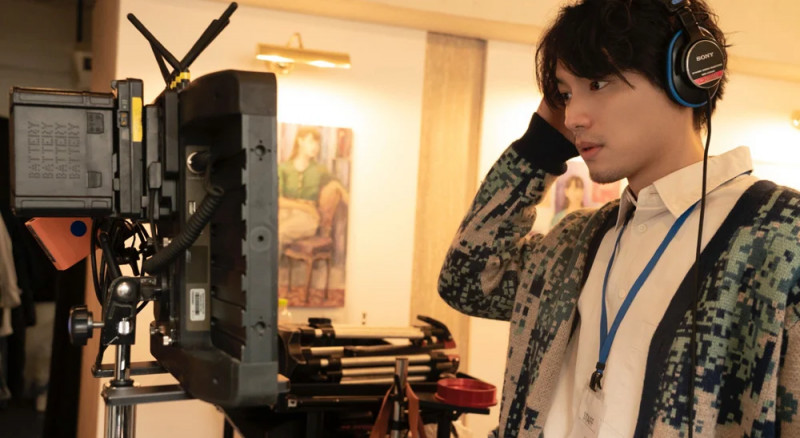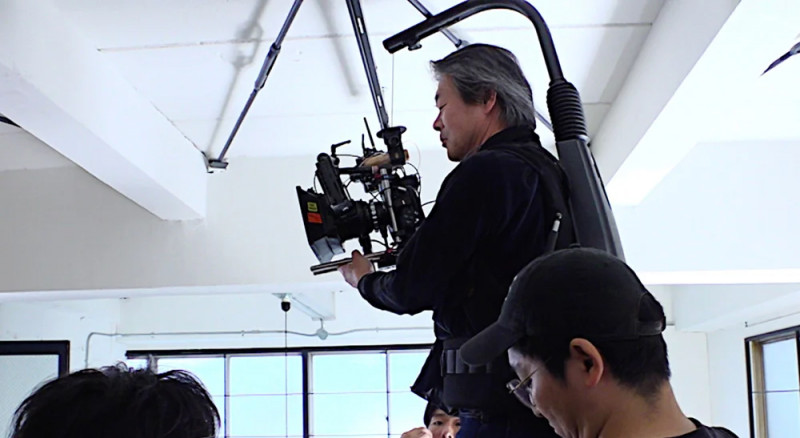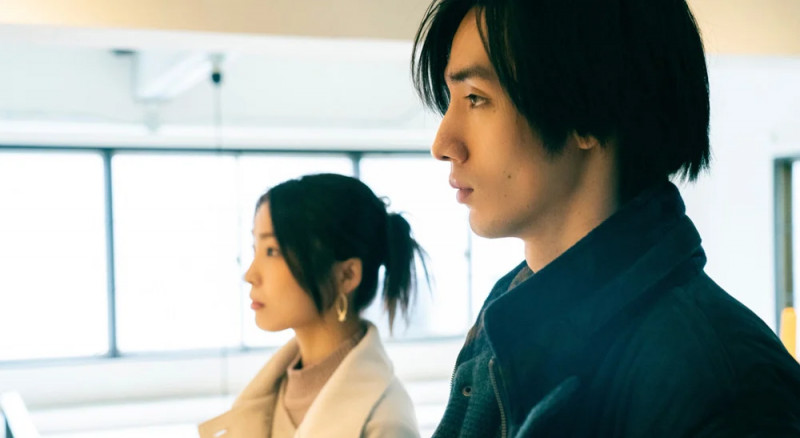WOWOW’s Yours Shot and Graded with Blackmagic Cinema Camera 6K and DaVinci Resolve Studio
Film Directed by Actor Sota Fukushi as part of WOWWOW’s ‘Actors Short Film’ Project
Blackmagic Design today announced that the short film “Yours,” directed by actor Sota Fukushi, was filmed using the Blackmagic Cinema Camera 6K digital film camera and graded with DaVinci Resolve Studio editing, color grading, visual effects (VFX) and audio post production software. The film is part of WOWOW’s “Actors’ Short Film” project, celebrating WOWOW’s 30th anniversary, where leading actors collaborate with professional film crews to direct short films.
“Yours” follows the story of Itsuki, a young man who gave up his dream of attending art school to support his family. He meets Miwa at a gallery where she is gazing at his painting, and they form a connection. However, Miwa has a secret, and Itsuki fails to notice her feelings, leading to a sad ending for their relationship.

The short film is available on WOWOW On Demand. Fukushi was supported by an experienced film production team, including cinematographer Hiromitsu Nishimura and colorist Hideto Miki at Kadokawa Daiei Studio.
Nishimura, who used the Blackmagic Cinema Camera 6K for the first time on “Yours,” had previously shot the film “100 Yen Love,” which won numerous film awards, with the first generation Pocket Cinema Camera digital film camera. “I wanted to shoot the ‘100 Yen Love’ on 16mm film, and looked for some alternatives as our budget was too tight to use a film camera. Then, the Pocket Cinema Camera was released around that time, so I decided to use it. It allowed me to achieve a look close to 16mm film, which is how I met the Blackmagic cameras,” Nishimura explained.

For shooting “Yours,” Nishimura used various filming techniques to express the unstable emotions of the characters, Itsuki and Miwa, and their growing intimacy. “In scenes where I wanted to convey instability, I used handheld shots to deliberately introduce camera shake,” said Nishimura. “For night scenes, I used only streetlights to capture the natural expressions and intimate atmosphere of the characters. The compact size of the Blackmagic Cinema Camera 6K was an advantage.”
Nishimura continued, “With the wide latitude of the camera, there was no noise in the shadows, and even without additional lighting, I could clearly capture the expressions of the characters and the surrounding illumination beautifully. I also shot many close ups, which gave nice bokeh in the background.”

Miki added, “It was my first time grading footage from the Blackmagic Cinema Camera 6K, and I was amazed at how little noise there was in night scenes shot in low light. The vividness of the colors was also very impressive.”
“The scene that left the biggest impression was in dimly lit Itsuki’s room. The director wanted a sense of depth, so while maintaining a unified tone, I added shading to highlight each color and the depth of the scene. Compared to footage from other cinema cameras, Blackmagic RAW didn’t feel heavy during grading and had smooth performance. For films like this one with many close ups, I often get requests to retouch the skin. Previously, I had to create a mask and adjust each shot, but now, with AI tools in DaVinci, I can analyze and correct images with the push of a button, which is very helpful,” Miki concluded.